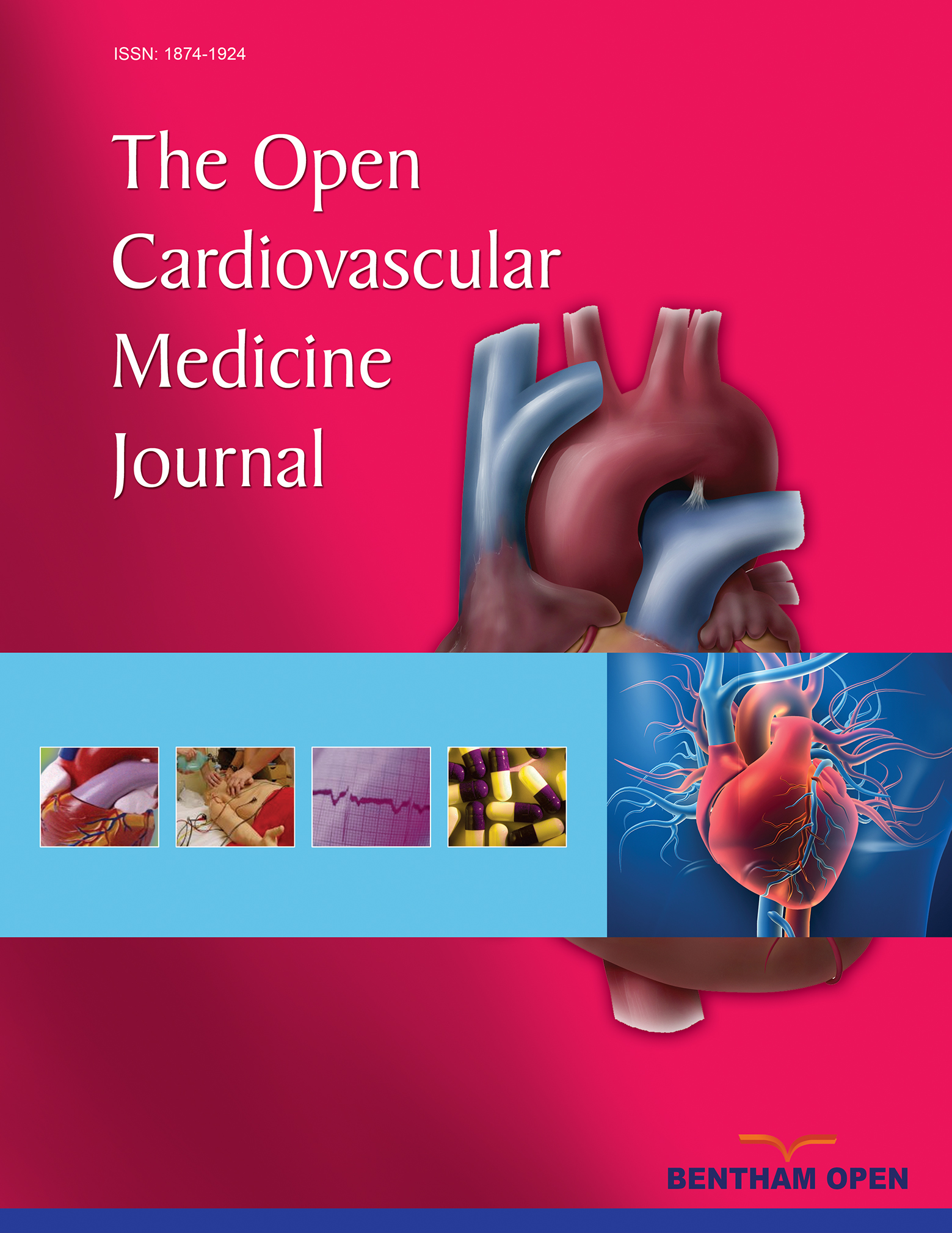All published articles of this journal are available on ScienceDirect.
Acute Coronary Syndrome in the Young: Clinical Characteristics, Risk Factors and Prognosis
Abstract
Background:
To describe the characteristics of patients ≤40 years of age hospitalized for acute coronary syndrome, analyze the risk factors and identify the variables associated with prognosis.
Methods:
Case series of patients admitted between 2003 and 2012 inclusive in a tertiary hospital (123 consecutive cases admitted between 2003 and 2012), and case-control study (369 controls selected from the general population matched for sex and age with cases, at a ratio of 3:1). Outcome variables: Mortality, likelihood of survival without readmission for heart-related problems, extent of coronary disease as determined by coronary angiography and cardiovascular risk factors.
Results:
Mean age was 35.4±4.8 years and 83.7% of the participants were men. Myocardial infarction with abnormal Q wave (48%) and single-vessel involvement (44.7%) predominated. Intrahospital mortality was 1.6%. For the 108 patients eventually included in the follow-up, likelihood of readmission-free survival after 60 months was 69.3±4.8%. In the case group 36% of the patients admitted to using cocaine. Compared to controls, the prevalence in patients was higher for smoking (74.8 vs 33.1%, p<0001), diabetes (14.6% vs 5.1%, p=0.001), low HDL-cholesterol (82.9 vs 34.1%, p<0.001) and obesity (30.0 vs 20.3%, p=0.029). Decreased left ventricular ejection fraction (odds ratio=2.2, p=0.033) and smoking (odds ratio=7.8, p=0.045) were associated with readmission for coronary syndrome.
Conclusion:
Acute coronary syndrome in people younger than 40 years is associated with diabetes and unhealthy lifestyle: smoking, sedentary behavior (low HDL-cholesterol), cocaine use and obesity. The readmission rate is high, and readmission is associated with smoking and decreased ejection fraction.


